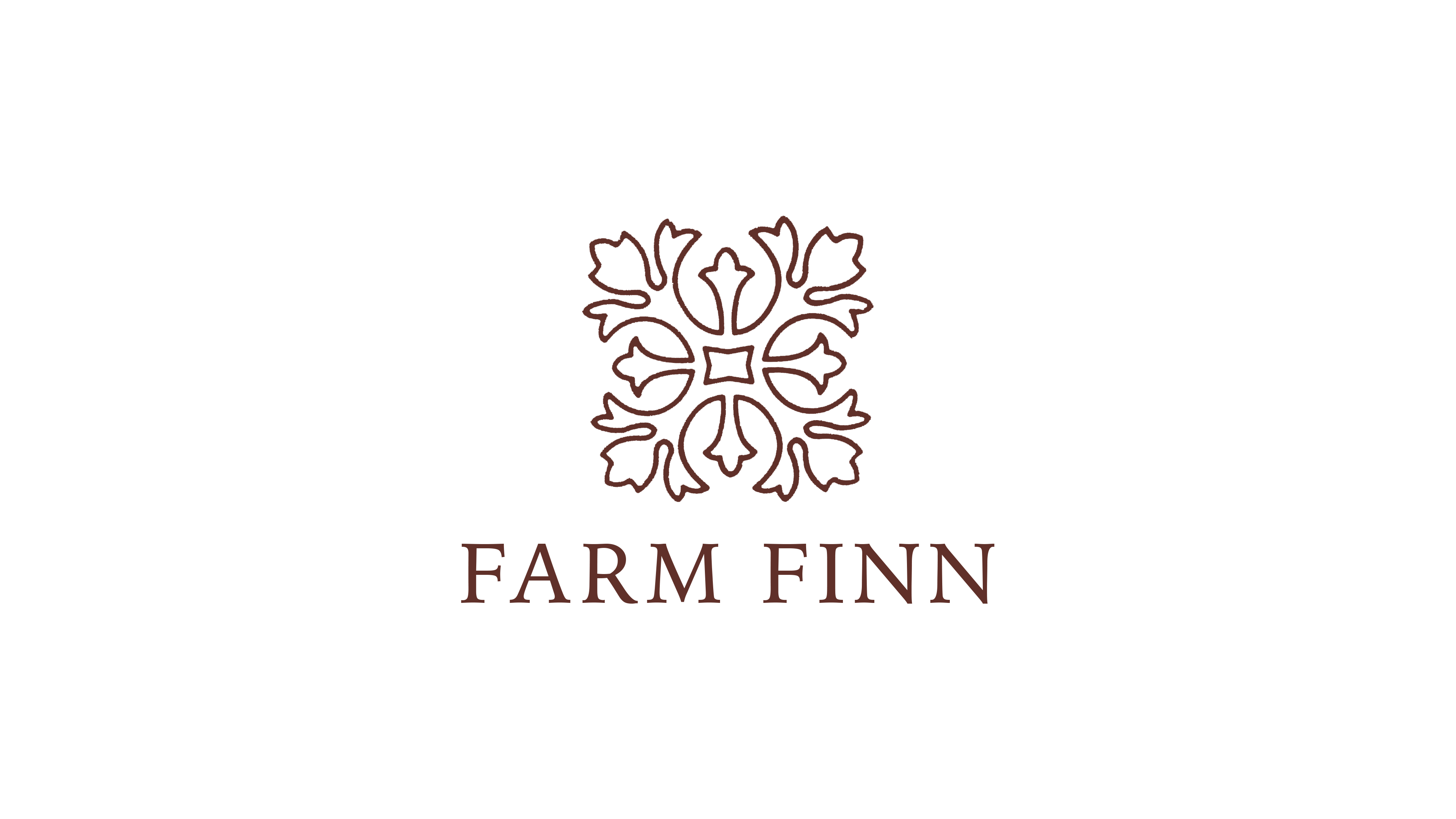In the house
From the outset, our intention when designing the concept of Farm Finn, was to maximise the positive benefits and minimise the negative consequences of introducing tourism to the village of Loubar al Fuq. In attempting to realise this we have;
Prioritised local employment and purchasing. Wherever possible we have used locally sourced labour, artisans and materials within the construction of the farmhouses and the design of our gardens. This ensures that as much money as possible goes immediately back into the community of Loubar al Fuq.
Used reconditioned wooden doors …. and tables! With the exception of the four large internal doors in the main farm house, all the wooden doors on the farm have been reconditioned from second hand doors bought in souks from Xaouen, Tangiers, Rabat, Fez, Marrakesh and the Dades valley.
Additionally, spare doors have now been turned in to tables in all of the rooms and on our terraces.
The long table in the main farm house was made from cedar wood beams salvaged from a burnt out house in Fez and stripped back to show the richness of the cedar wood below. I think you’ll agree it looks great!
Valuing water, the source of life, as a scarce resource. Morocco is a water-scarce country and both tourism and agriculture put significant stress on the availability and use of this essential but diminishing resource. As such we have made every effort to be conscious of, and economic with, the water we have available to us. Here are some of the ways we are working to minimise our use of this increasingly scarce resource.
Drinking water is sourced either from the village spring or from our riverside well. As such it is separated from all other water sources and is 100% pure. I’m sure you’ll be able to taste the difference!
Rainwater and river water harvesting. Rainwater that falls on both roof terraces of Dar Zeytoun and the main farmhouse is fed in to rainwater capture tanks. At Dar Zeytoun, this includes a 1,000-litre tank. At the main farmhouse, we have a 65,000 litre water tank, built below the terrace outside the kitchen. This is supplemented with water from the seasonal river that borders our land. This water is used for our bathrooms, our gardens and general cleaning.
Grey water recycling. All shower and kitchen water is recycled through our gravel-based reed bed system, which you will find below Dar Zeytoun. In so doing we ensure that as far as possible, we recycle the water that you use in your showers and sinks. This, “grey water”, is filtered through three layers of reed beds, into our natural pond, which acts as another reservoir and is eventually pumped back up to be used in our gardens.
Black water recycling. Having decided to use flush as opposed to composting toilets in the farmhouse and Dar Zeytoun, we send all toilet water through a vermi-compost (worm farm) system. The worms digest your poop, along with various other additional organic matter, and their poop is then processed and used as organic matter to feed our orchards.
The “black water” is further filtered in a leach field at the bottom of our land where the nutrients and worm eggs add additional fertiliser to our lower orchard.
Solar water heating. All shower water is heated using solar panels. Please be aware of this and if you find that there is insufficient hot water available in a morning, please wait just a bit for the tanks to refill and heat up.
The minimum stay is two (2) nights. Not only do we think you deserve at least two nights to ensure that you benefit from the full relaxing effect of time at Farm Finn (I’d suggest you stay much longer to really benefit from our wonderful location!), but this also helps us to economise on water usage, by ensuring that we do not need to wash bed linen every day.
Rooms are heated in winter using home-designed and locally made hi-efficiency wood burning Rocket Heaters and Rocket Mass Heaters. All the wood is collected through the maintenance of our own trees. Ash residues are put back into our gardens.
High efficiency LED lighting. We only use high energy-efficiency class for our appliances, including the use of LED lighting.
We maintain a vegetarian or vegan menu. Quite apart from how we feel about the animals we share Farm Finn with, a vegetarian/vegan diet is less demanding on the environment and it’s also very good for you.
Composting and trying to achieve “zero waste” as far as possible. Because we have a vegan/vegetarian menu, we are able to recycle all of our food waste back in to the garden through our various composting systems, which includes our goats, donkey and chickens as their poop goes on our gardens as well. Added to this we are striving to achieve “zero waste”, most notably by refusing to use single use plastics. Of course in a society where plastic is so profligate this is something of a challenge, but “zero waste” is our aim and one we are trying to achieve.

